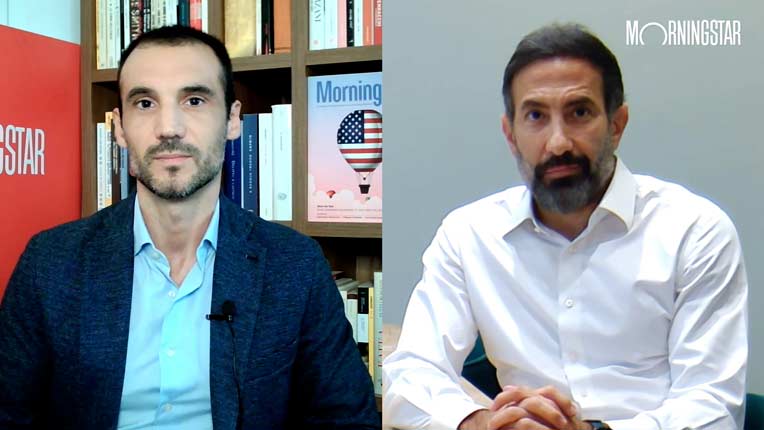Caroline Gutman: Despite faring poorly last year, some investors are beginning to reconsider investing in Latin American emerging-market equity as oil prices go up and interest rates and yields begin to rise. Emerging-market valuations have been considerably lower than developed markets, so there's long-term potential for outperformance as well as portfolio diversification.
But investors need to be able to stomach the short-term volatility and should be aware of the potential for political instability in the individual countries. Take Brazil, for example, which by far is the largest country in the region and the largest economy. It's expected to post its worst recession in 25 years. However, over the last few months, Brazil has seen a slight market rebound. The Bovespa Index is up over 20% since January; thanks to President Dilma Rousseff's efforts to restore consumer and investor confidence, which include raising taxes, cutting government spending and raising interest rates.
At the same time, investors should be aware of political and economic situations in the individual countries. Take Mexico, for example, which for a long time was seen as an investment opportunity, but it continues to struggle with endemic corruption as well as violence throughout the country.
The most popular index for accessing this area is the MSCI Emerging Markets Latin America Index. For investors who are brave enough to invest in this region, the least expensive ETF is offered by Mundi that tracks this index with an ongoing charge of 20 basis points.




























